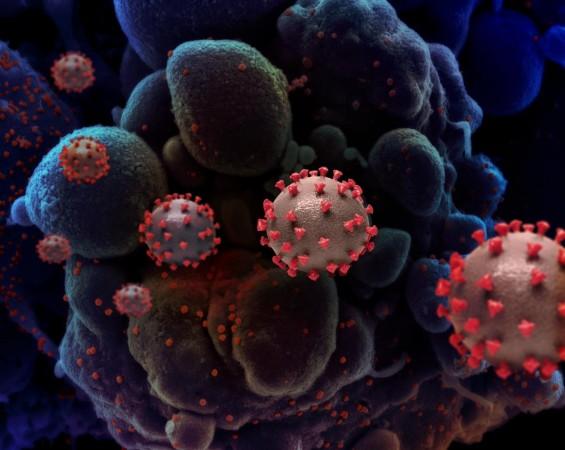In patients with persistent symptoms after acute COVID-19, a small case series of patients who received one dose of either the Pfizer-BioNTech or Oxford-AstraZeneca vaccine found that vaccination was not connected with deteriorative symptoms or quality of life.
These findings published in Annals of Internal Medicine could help patients with persistent symptoms overcome vaccine apprehension.

Researchers from the North Bristol NHS Trust examined 163 individuals from UK hospitals to describe the quality of life and symptoms following vaccination in a group of patients who had persistent symptoms 8 months after receiving COVID-19. Patients reported a total of 159 symptoms across organ systems prior to vaccination, including fatigue (75%), dyspnea (61%), and sleeplessness (53%). In addition, the quality of life was far lower than usual.
A month after receiving the vaccine, all participants were re-evaluated, and quality-of-life questionnaires and a review of side effects were reiterated. To avoid bias caused by a perceived link between the assessment and vaccination, participants were only asked to confirm their vaccination status after symptom assessment. They were then questioned about any vaccine-related side effects that occurred over time.

Out of the 44 participants who had received one dose of the vaccine, 82% reported at least one continual symptom. Moreover, out of the 159 symptoms reported before the vaccination, 23.2% improved, 5.6% had deteriorated, and 71.1% had remained unchanged, said the study. There was no discernible difference in quality-of-life measures before and after vaccination. There was also no difference in any of the outcome measures between the two vaccines.
These findings are significant because they reassure the growing number of individuals who are facing persistent symptoms after an acute SARS-CoV-2 infection. Receiving a messenger RNA or adenoviral vector vaccine does not result in a decrease in quality of life or worsening of symptoms, according to researchers.








